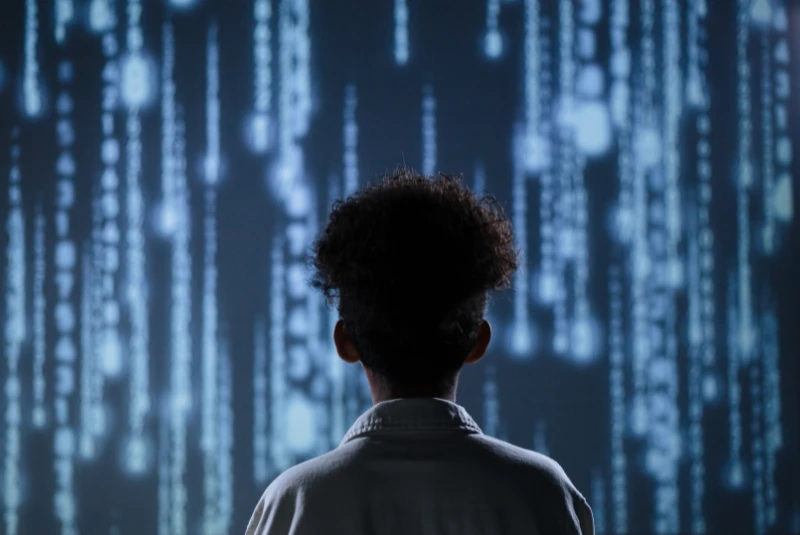


AI is no longer hypothetical in our homes and classrooms: students and teachers already interact daily with language models. But using a tool isn’t enough; we must redefine the learning relationship to make AI a thinking partner, not a cognitive substitute. The idea of human–AI co-thinking invites everyone to develop a critical “sixth sense” when reading AI-generated responses, while enhancing creativity and reasoning.
Toward a Responsible AI Co-Thinking Culture in Luxembourg
A socio-educational challenge first and foremost
Translating this vision into the Luxembourgish context means seeing schools as social spaces where the role of technology is shaped. Co-thinking isn’t a plug-in feature; it transforms the educator’s posture: students learn to decode a talking black box, while teachers act as facilitators of meaningful dialogues, where humans remain the arbiters of truth and ethics. Training teachers to become “architects of enhanced learning experiences” is therefore essential—beyond mere tool use.
For an open, local and fair AI culture
Luxembourg cannot rely solely on proprietary systems hosted abroad. The white paper stresses the need for open-source solutions that reduce access inequalities and give underrepresented communities a voice in algorithmic governance. In a multilingual and human-scale country, developing locally trained models hosted on sovereign infrastructure would align AI with cultural realities, preserve linguistic diversity, and ensure transparency in data handling.
Data sovereignty and digital trust
Privacy isn’t optional. When student–AI interactions travel across remote servers, they become sensitive metadata. The white paper calls for local processing, end-to-end encryption, and independent audits as essential trust-building measures. A “privacy by design” architecture would strengthen public confidence in AI at school.
Bridging the digital divide
Without an inclusive strategy, AI could widen gaps between well-equipped schools and those in rural or disadvantaged areas. With less than 10% of institutions having formal guidelines, the challenge is to create a national framework that ensures fair access to co-thinking for every learner.
Toward a Luxembourgish educational pact on co-thinking
Choosing open, local, and responsible AI is more than a technical decision—it’s a social and pedagogical necessity to ensure schools remain civic spaces in the age of algorithms. By uniting developers, educators, researchers and policymakers around a Luxembourg Co-Thinking Charter, we can shape a European hub for ethical, multilingual and culturally grounded educational AI.
The transformation is already underway—let’s guide it consciously. Let’s ensure that every classroom becomes a space of critical, creative, and sovereign co-thinking.

